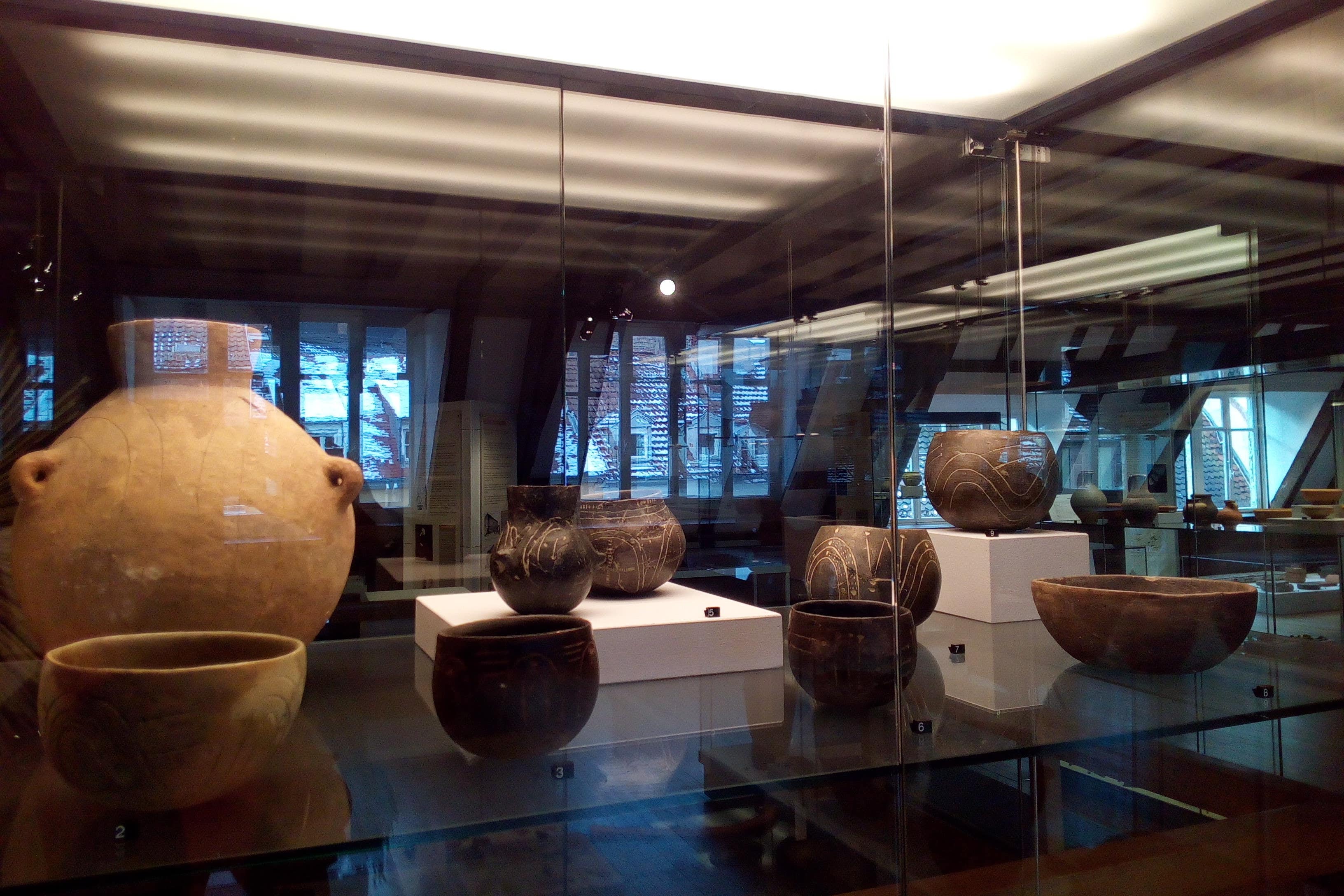Europeans were consuming milk 7,400 years ago, scientists find
Dairy fat traces found in pottery from the 54th century BC are the earliest evidence of people eating and drinking milk.

Milk was first used by farmers in central Europe about 7,400 years ago, research has found.
Scientists found dairy fat traces in the walls of pottery from the 54th century BC.
This technique targets proteins from animal fat residues making it uniquely suited to pinpointing the introduction of new foodstuffs in prehistoric times.
The research at the University of Bristol analysed more than 4,300 pottery vessels from 70 settlements for their food residues.
The results revealed considerable variation in milk use across the region, with only 65% of sites presenting evidence of dairy fats in ceramics vessels – suggesting milk use was not universally adopted by these early farmers.
The prehistoric settlers were the earliest Neolithic farming groups in central Europe, known as the Linearbandkeramik (LBK) culture.
Focussing on the sites and ceramics with dairy residues, the researchers produced about 30 new radiocarbon dates to chart the advent of dairy exploitation by farmers.
These new dates correspond to the earliest settlements during the middle of the 6th Millennium BC.
Lead author Dr Emmanuelle Casanova, who conducted the research while completing her PhD in archaeological chemistry at the University of Bristol, said: “It is amazing to be able to accurately date the very beginning of milk exploitation by humans in prehistoric times.
“The development of agropastoralism transformed prehistoric human diet by introducing new food commodities, such as milk and milk products, which continues to the present day.”
Co-lead author, Professor Richard Evershed, from the university’s school of chemistry, added: “This research is hugely significant as it provides new insights into the timing of major changes in human food procurement practices, as they evolved across Europe.
“It provides clear evidence that dairy foods were in widespread circulation in the Early Neolithic, despite variations in the scale of activity.”
– The study is published in the journal Proceedings of the National Academy of Sciences (PNAS).
Bookmark popover
Removed from bookmarks